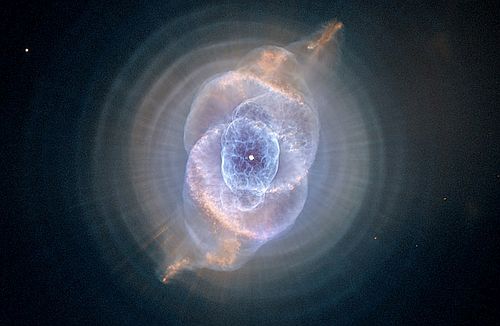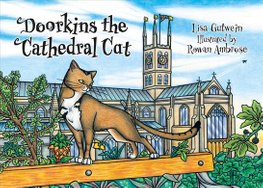Purrfect Discomfort
Purrfect Discomfort
Easter 5B: John 15.1-8, Acts 8.26-40
2 May 2021, St. Peter's, Carmel IN
The philosopher Plutarch wrote
that creation is a source of continual wonder
which prods our complacency and
thereby leads to learning more about the divine (De E Apud Delphos 384-385).
I'm reminded of that every time NASA releases a photo of the stars, galaxies, or helicopters on Mars,

But it seems that it's cats that belong at the forefront of this list.
After all, they seem to dominate our social media and our use of the latest hi-tech devices,
And there's scientific research confirming that this is good for us
Is it because cats are like the Bible, a mysterious wisdom that is beyond us?
Cats do seem to have a way of knowing what's needed, and of offering themselves as a gift-
Such as the big ginger tabby who showed up at our door when I was younger, and proceeded to make himself at home.

If inclusion is love pushing the boundaries, here is an example. As the people of Southwark embraced Doorkins, she could be found greeting visiting children, hobnobbing with the Queen, sleeping on the bishop's chair (whether he was there or not), posing for selfies with visitors, and taking a place in the nativity scene at Christmas.
It's a wonderful story—and leads me to think—how often do we miss the mystery of creation as it plays out right before us in a story like this?
In our everyday rush, we so often miss too much of God. We're too accustomed to the way things are, to give her the attention we ought. Likewise, as the theologian Stanley Hauerwas says, we're too familiar with the Bible and don't pay attention to the stories and therefore lose their meaning.
Today's Gospel reading is one of those times. Here's a parable about vineyards and the culture of an ancient agricultural society. We sometimes read it too fast, or get caught up in the details of vine-keeping-while, aided by translators and cultural differences, we miss that there's a typically-Jesus elaborate pun about clearing out the unimportant stuff to find our real roots, and finding a place to grow on the edge of discomfort.
Our roots, Jesus tells us, are in the true vine, and come from the one who says "I am." Another point obscured by translators is that it's about a community-he uses the 2nd person plural—y'all, if you like. It's not about who gets removed, but about coming together in the community, and how, in that community, we all thrive and learn from the diversity and inclusion.
Unlike much of the lectionary calendar, the readings for the Sundays after Easter are intended to fit together; the pairing of the vineyard and the Ethiopian is not an accident. Now, back in the days when we had that tabby, I often heard this passage in Acts used to explain why baptism had to be done in a certain way, as if the book was an instruction manual, and not a story that continues the gospel, telling how the Jesus movement expands to reach "the ends of the earth"
—even those whom some would exclude from God's love.
It's a story of questions based on new experiences,
a story about how, along a wilderness road,
a liminal place where we meet God,
a liminal place of discomfort,
a liminal place of growing
a story of struggles and discomfort as acceptance grew,
a story of admitting that previous understandings had been wrong,
a story of learning that God put a comma and not a period,
a story that a seeker of truth who had been excluded from worshipping in the Temple finds a friend and a place.
As the story that Luke begins in his gospel continues in Acts,
as this new community begins to embody a new order that mirrors the vineyard of Jesus,
sometimes tangled, but always reaching out to everyone,
as the vine reaches out to include those who had been excluded and overlooked
acknowledging God's gift of diversity as another seeker finds a home—
we are reminded that acceptance matters, and that it is shown in accessibility and inclusion.
It is small things like a single step or a sign on a door that can make a big difference.
Maybe that's why Jesus talked about the importance of being able to be trusted with small things,
or about children leading us.
In those small things, we meet discomfort and expand our vision, and blossom into a welcoming vineyard.
After 12 years living at the cathedral,
12 years that began with discomfort but became a home,
Doorkins returned to the care of her creator on 30 September 2020,
and was interred in the churchyard at a memorial service in October.
Watching that service, someone said
"She arrived, she entered and we made her welcome. People concluded that if this little cat is welcome, maybe I am too."
May it be so for us.